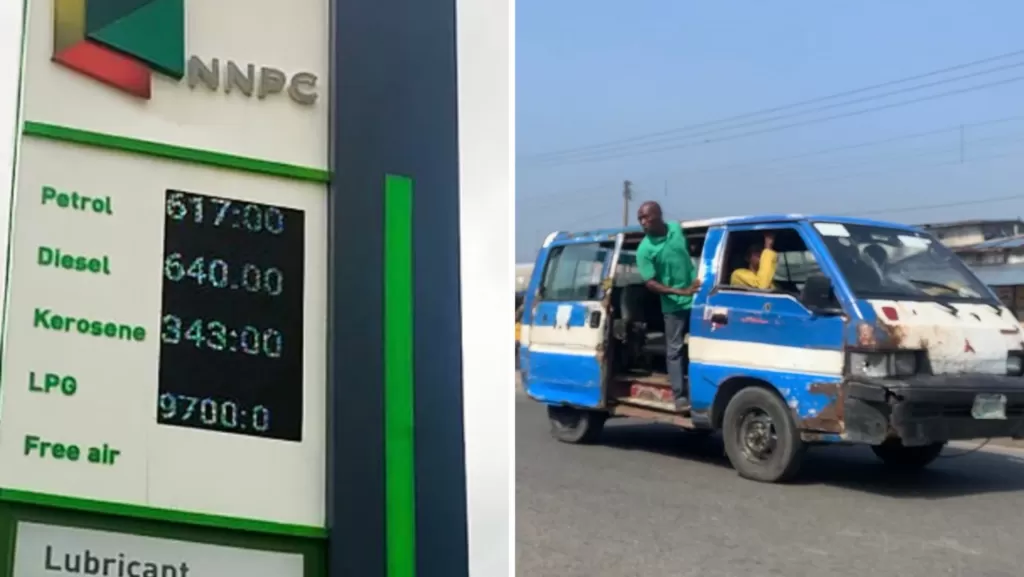Port Harcourt Taxi Driver’s Increases The Cost of Transportation Following The Scarcity of Fuel

In Port Harcourt, taxi drivers have been forced to increase the cost of transportation due to the recent fuel scarcity, which has significantly impacted the city. Fuel scarcity is not a new phenomenon in Nigeria, but its recent resurgence has caused a notable spike in transportation costs.
This fuel scarcity is attributed to a myriad of factors. One primary cause is the constant harassment of petrol tanker drivers by security operatives, leading to a withdrawal of services by the drivers in protest. This situation has led to long queues at filling stations and a hike in fuel prices. Some filling stations are selling fuel at N250 to N280 per liter, a steep increase from the previous rates. Consequently, taxi drivers have had to adjust their fares to accommodate the higher fuel costs, with distances that used to cost N100 now going for N150 or more, a 50% increase.
The fuel scarcity has not only affected taxi drivers but also commuters and business owners, who are now facing increased transportation costs. The situation has been exacerbated by the withdrawal of services by the Nigerian Association of Road Transport Owners (NARTO) in protest against the high cost of operations. This move has left many filling stations closed, further aggravating the scarcity.
The Nigerian government has been criticized for not doing enough to address the fuel scarcity issue, which has been a recurring problem. The situation has led to calls for protests by organized labor, as the economic hardship caused by the scarcity is felt across the country. The recent increase in transportation costs in Port Harcourt is just one example of how the fuel scarcity is affecting the daily lives of Nigerians.
In summary, the increase in transportation costs by taxi drivers in Port Harcourt is a direct result of the fuel scarcity, which is caused by a combination of factors including the harassment of tanker drivers and the withdrawal of services by transport owners. The situation has led to widespread economic hardship and calls for the Nigerian government to take decisive action to resolve the crisis.







